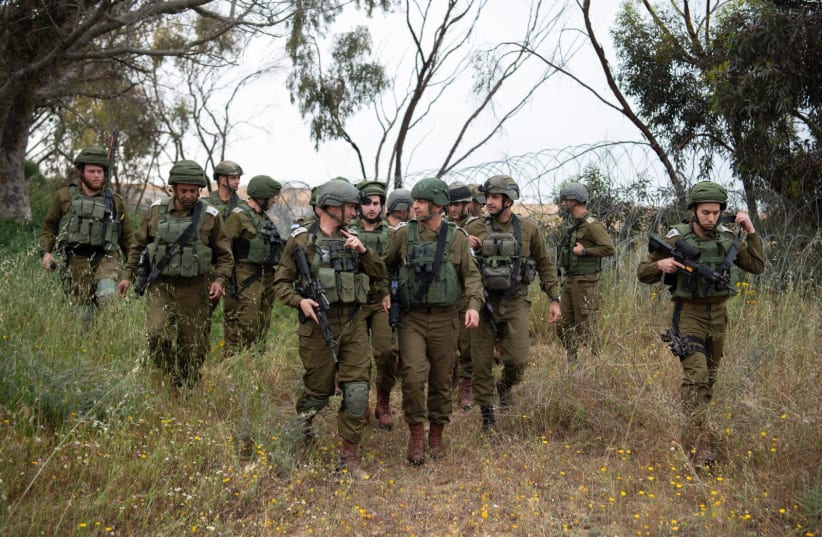The IDF’s ongoing “war-between-wars” and the strengthening of the armed forces of Israel’s neighbors have caused the army to ask the government for a budget supplement of NIS 10 billion, Army Radio has reported.
According to a military source quoted by Army Radio, the unexpected costs of the IDF’s war-between-wars caused hundreds of millions of shekels to be taken from the budget of other divisions in the military.
The IDF’s “war-between-wars” is code for a constellation of covert operations that continue below the radar against Israel’s enemies. It is believed that the ongoing operations have cost several million shekels over the past year.
Israel has until recently refrained from commenting on military activities beyond its borders, believing that by neither confirming or denying the strikes, Iran would be less likely to retaliate. But in recent months, officials have begun discussing IAF strikes in Syria.
With Iran continuing to entrench itself across the Middle East, Israel might have to consider expanding its war-between-wars campaign over the next year. It is believed that Iran will attempt to entrench itself in Iraq – a mainly Shia Muslim country – as it has done in Syria, where Tehran have managed to establish and consolidate a solid parallel security structure in the country.
Israel likes to stay one step ahead of its enemies and, according to the Army Radio, another reason behind the demand for the extra funds are the military purchases to counter the movement of Iranian and Russian weaponry into countries like Iraq and Syria.
In recent years, Russia has asserted itself as the main superpower in the Middle East, especially with the American withdrawal from the region under US President Donald Trump. The Kremlin is selling S-400 missile systems to Turkey, and T-90 battle tanks to Iraq, and is also trying to sell to Egypt – which is almost completely refurbishing it’s military – SU-35 fighter jets. Cairo also just purchased advanced submarines from Germany.
Syria is also rebuilding its army with the help of the Russians, Iranians and Hezbollah. It is assumed to be focusing first on intelligence and air defense divisions, which could pose a threat to IAF warplanes.
“The impact of the significant costs of the war-between-wars on the IDF budget and the gaps for optimal IDF readiness were presented and reported to the relevant authorities. These implications will be taken into account when building the next multi-year IDF program,” the IDF Spokesperson’s Unit said in a statement to The Jerusalem Post.
In August, Prime Minister Benjamin Netanyahu presented his 2030 Security Concept to his cabinet, which will add hundreds of millions of shekels to military spending based on expected threats, military manpower needs and the principles for using force over the next decade.
“Due to our small area, the population concentration and the numerous threats around us, Israel will always have security needs that are much greater than any other state of similar size,” Netanyahu said, adding that “today, the Israeli economy is strong enough to allow for this supplement. In any case, the increase will be enacted while maintaining a responsible budgetary framework.”
According to reports, the plan calls for an increase in defense spending of 0.2% to 0.3% of the gross national product, making for an increase of $630-$950 million.
The budget increases, Netanyahu’s office said at the time, would be used for anti-missile defenses, the completion of security fences and other measures.
